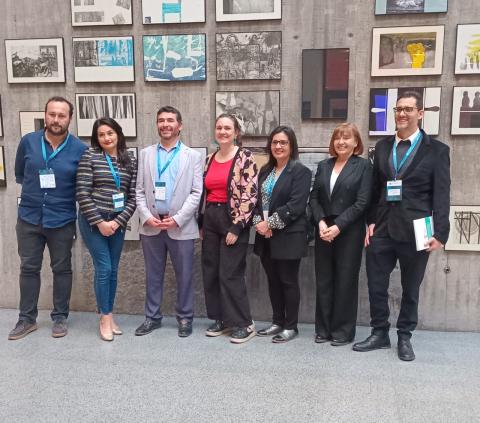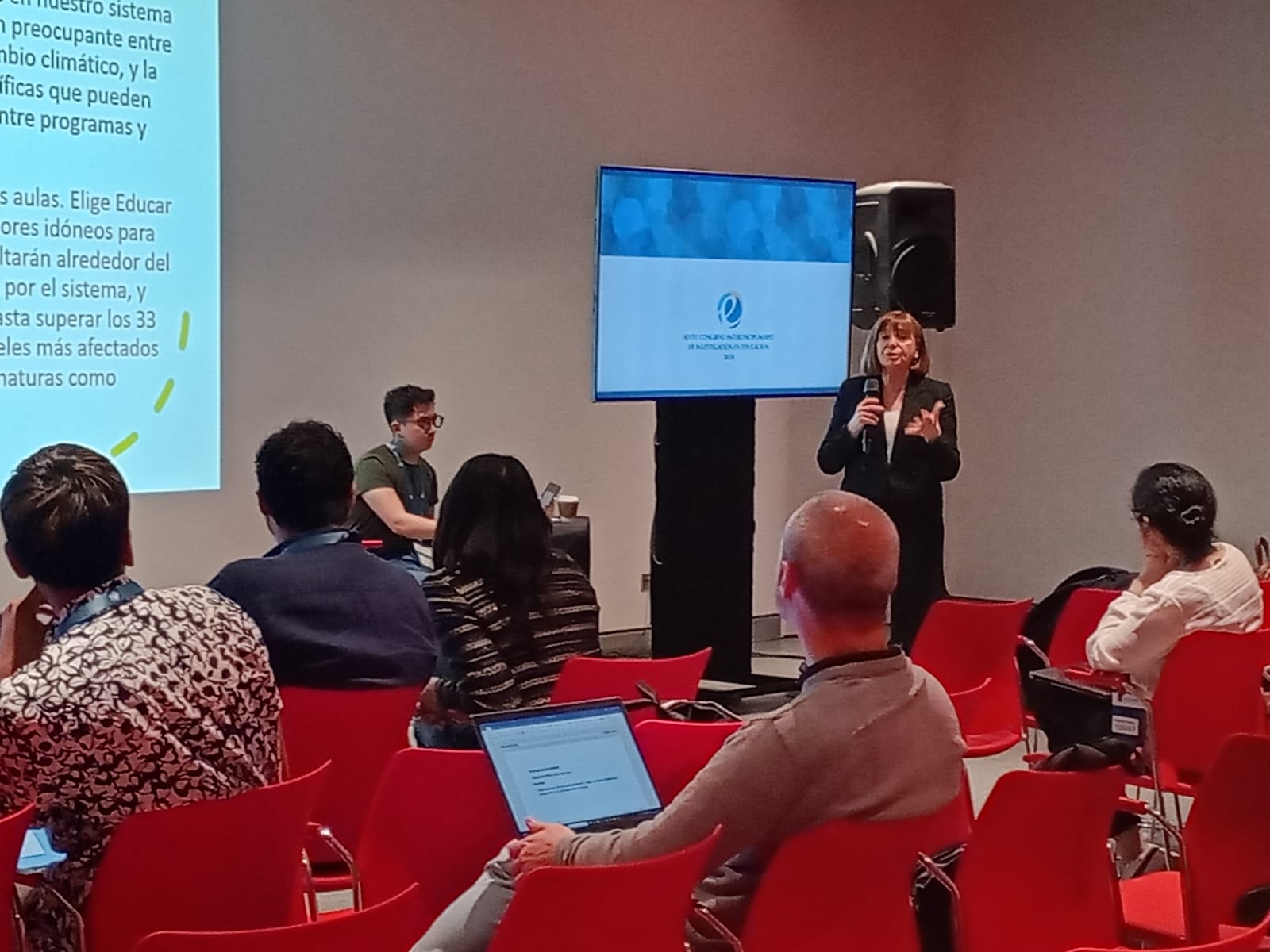
“Updated teaching of advances in science and technology is essential to form a critical citizenry capable of understanding and facing global challenges such as climate change, pollution and the loss of biodiversity. Only a scientifically informed citizen will be able to demand public policies based on evidence and actively participate in the search for innovative and sustainable solutions.”
This was highlighted by Dr. Dora Altbir, National Science Award Winner and Director of the CEDENNA Foundation, when participating in the Panel “Educational Research and Sustainability in Response to the Socio-Climate Crisis: Perspectives from Science to Education” of the sixth CIIE 2024 Congress , which brought together more than 900 researchers, academics, teachers and students this week in Santiago.
“Not only are we facing an unprecedented environmental crisis, but its effects have profound implications for our societies, especially for those who already live in vulnerable conditions. Those who, paradoxically, have contributed the least to the deterioration of the planet, are the ones who suffer the consequences the most,” he highlighted.
Despite this, he said, Chile faces a crisis in the training of teachers specialized in science, who are the first called to create this citizen awareness. “This, added to the lack of training in cutting-edge areas such as nanoscience, exacerbates a critical problem: students are not accessing updated scientific knowledge.”
Dr. Altbir recounted the experience of CEDENNA (Center for Nanoscience and Nanotechnology) in initiatives such as the ProNano workshop, an update event for teachers that brings frontier science to the classrooms, allowing students from different regions to learn about the scientific developments that are transforming the world. “These efforts, although valuable, are not enough if they are not accompanied by a public policy that encourages updated training for teachers. It is essential that nanotechnology and other emerging scientific areas are integrated into training so that more and more young people can become interested in these disciplines and become agents of change in their communities.”
“Climate and social justice is not possible without quality education,” he concluded.
The event was inaugurated by the rector Ignacio Sánchez and took place at the Eastern Extension Center of the Catholic University.

- Log in to post comments







